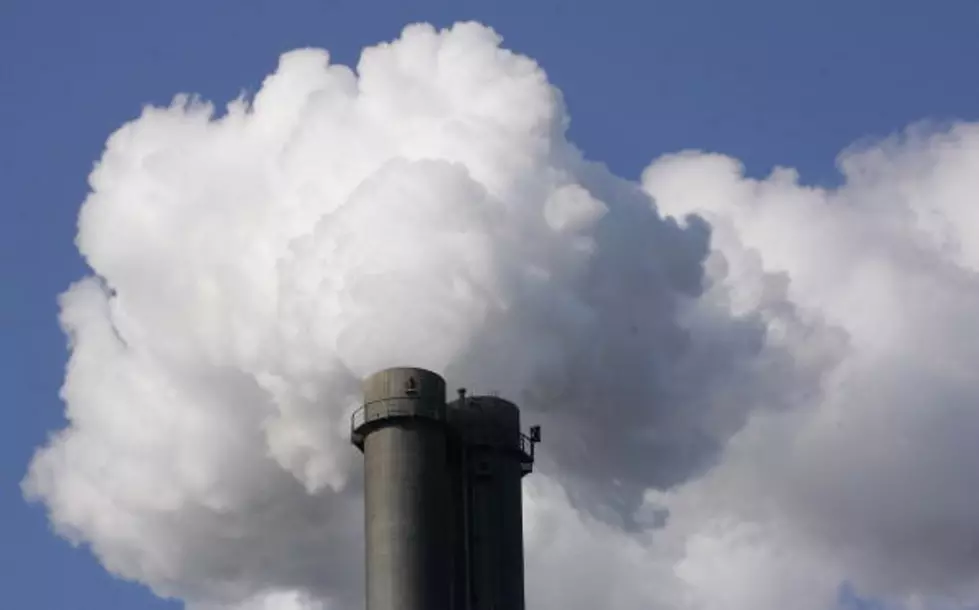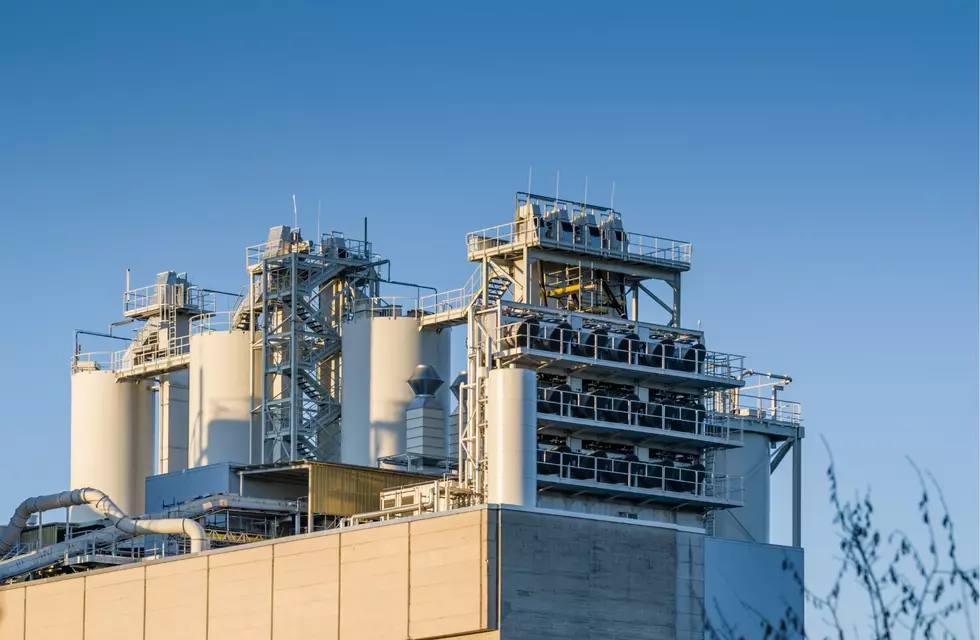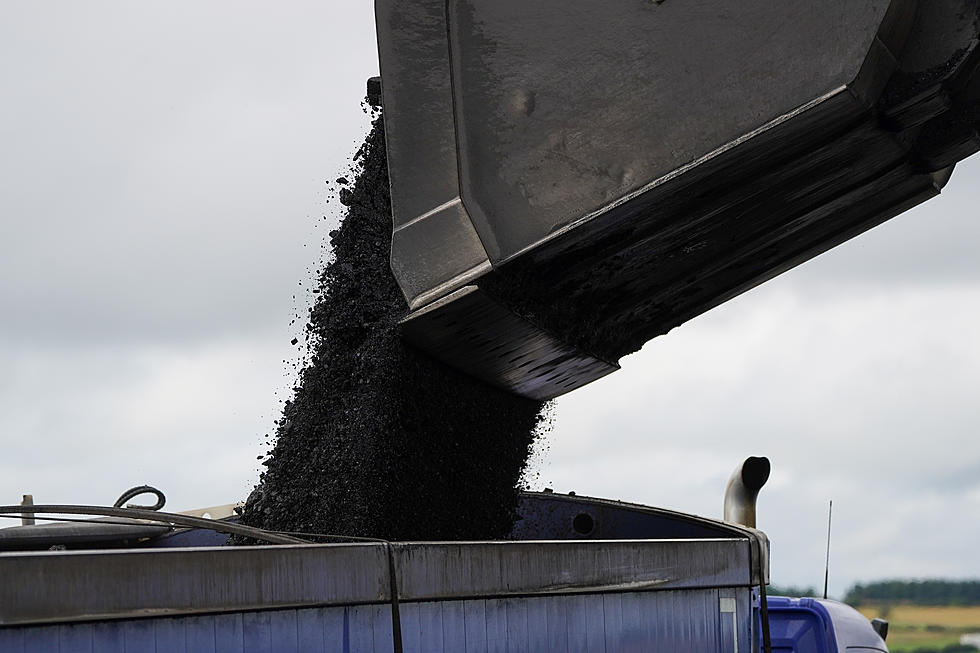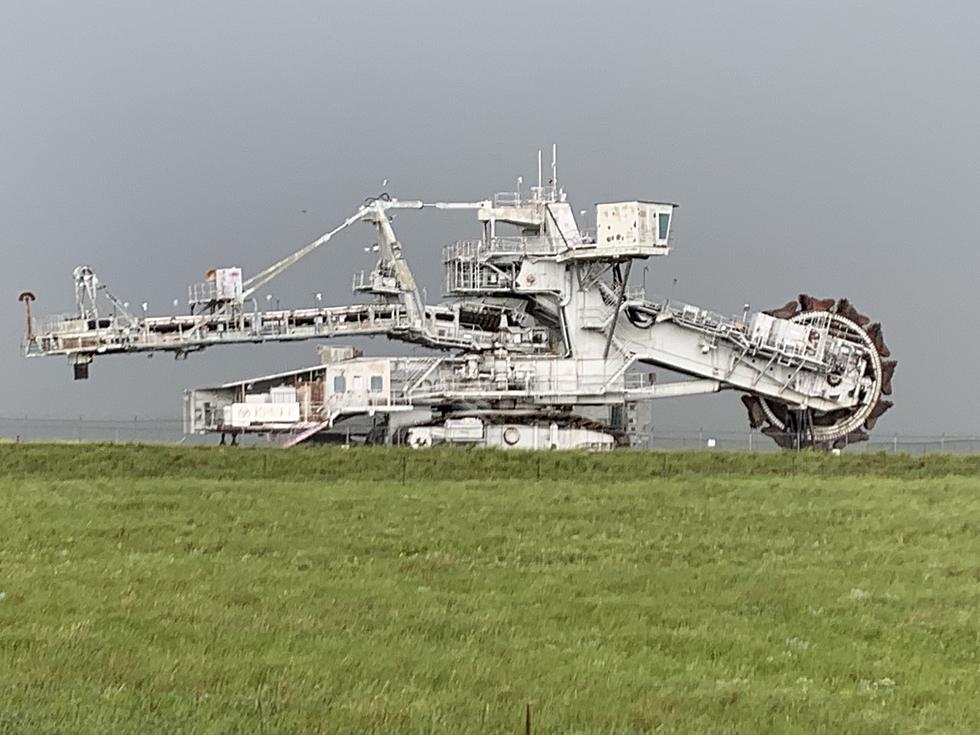
Billionaire’s Climate-Change Fight Includes Wyoming Research
CHEYENNE, Wyo. (AP) — A British billionaire who's a major contributor to environmental causes, including fighting climate change, will fund carbon-capture research in Wyoming, the top U.S. coal-mining state.
Wyoming Gov. Mark Gordon and Carbontech Labs announced Thursday they're providing $1.25 million to help researchers find ways to turn greenhouse-gas emissions from coal-fired power plants into products that can be sold for a profit.
"One of the opportunities here, from a policy standpoint I think, is what is really, truly going to remove carbon from our atmosphere?" said Gordon, a Republican.
Carbontech Labs, a research accelerator created by Oakland, California-based nonprofit Carbon180, will provide $1 million. Wyoming is contributing $250,000.
Carbon180 got the $1 million from a trust started by Jeremy Grantham, who built his wealth as an investor and co-founded the Boston-based investment firm Grantham Mayo Van Otterloo. The Jeremy and Hannelore Grantham Environmental Trust reported almost $200 million in assets to the IRS in 2016.
Those funded through the Wyoming program will test their carbon-capture proposals at a coal-fired power plant in the Powder River Basin, the top coal-producing region in the U.S. and home to several enormous open-pit coal mines.
The initiative links two men who have very different ways of talking about climate change.
"Fossil fuels will either run out, destroy the planet, or both. The only possible way to avoid this outcome is rapid and complete de-carbonization of our economy. Needless to say, this is an extremely difficult thing to pull off," Grantham said in a speech last June at the Morningstar Investment Conference in Chicago.
Grantham said he is "all in" on climate change and toxic environmental damage and has 98 percent of his net worth in two foundations dedicated to those causes. A person who answered the phone at the Jeremy and Hannelore Grantham Environmental Trust said the trust would not comment on the Wyoming announcement.
Gordon, meanwhile, has been less than strident on the issue of fossil fuels and climate change. He declined to answer Thursday whether he thought climate change was human-caused and an urgent problem, though he acknowledged seeing its signs.
"I have been a mountaineer all my life. I have seen glaciers in our mountains that have started to recede," Gordon said.
Revenue from Wyoming's coal, oil and natural gas industries provide a huge share of the state budget — over half in some years. Lately wavering revenue from fossil-fuel extraction, especially coal, has forced state officials to make major cuts and reconsider where the state gets its money.
That in mind, state officials have been keen to secure a viable future for its coal industry roiled by several recent, major bankruptcies.
Wyoming contributed $15 million to build a carbon-capture test facility at Basin Electric's Dry Fork Station near Gillette. Recipients of the $1.25 million in Carbontech and state funding — there could be several — will test techniques at the facility that could range from farming algae to making concrete, said Matt Lucas, associate director of Carbontech.
"We're enabling a pathway to that new carbon economy that stores more carbon than it emits," Lucas said.
Carbontech now will begin taking funding applicants.
The facility, called the Wyoming Integrated Test Center, also will be the site of the final rounds of a separate, $20 million contest organized by the XPRIZE Foundation to find profitable uses for carbon dioxide emitted by power plants.
More From KOWB 1290









